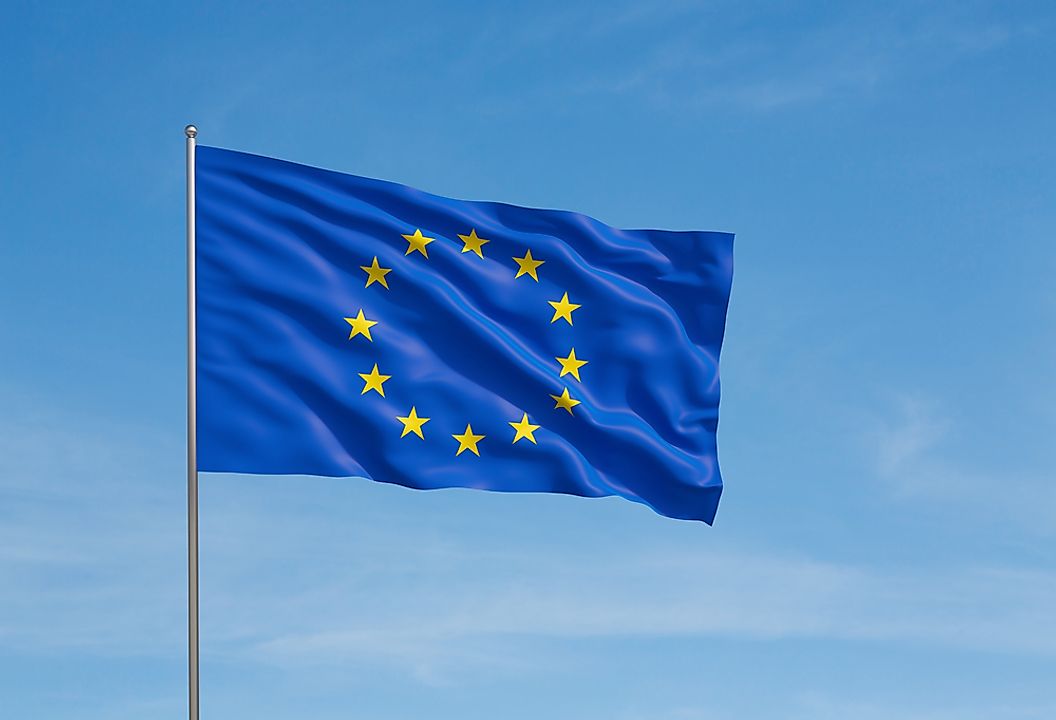
EU’s Digital Markets Act Subverts Competition and Security
By Rich Sill
As the world becomes more digitized and enters a permanent hybrid-work economy, governments should be helping incentivize major tech companies to innovate for a better future. However, Europe is attempting to undermine American tech companies with the Digital Markets Act. The European Union’s proposed rules are an attack on strictly American companies for being too big and too successful in Europe.
The Digital Markets Act, which is meant to increase competition in the technology market, is instead hurting competition by stifling successful American companies with even more burdensome regulation. The proposed legislation classifies certain platforms as “gatekeepers” if they make up a large concentration in the market, this will then make companies such as Apple, Google, Facebook and Amazon subject to further restrictions. Under the Digital Markets Act, services such as Google Search, Apple Store, YouTube and Gmail would be targeted for taking up too much of the European tech marketplace. Some of these targets may include preventing self-preferencing, which companies use to better display their products. Companies that do not comply with the new obligations may risk fines up to 10 percent on their worldwide turnover.
Banning self-preferencing in practice would negatively affect services such as Google search and Google reviews, which are services millions of Europeans use every day. By going after companies that citizens use and making their lives easier, European Union bureaucrats are making it worse for ordinary people. They want to go specifically after large American companies so they can artificially make European companies better; however, this just slows all tech progress and services down for the continent. This discriminatory targeting of American companies shows that Europe is not committed to abiding by the rules of the world’s multilateral trading system as it applies to tech platforms, digital services, and the digital economy.
The Digital Markets Act also raises privacy and security risks for all of Europe. American tech companies provide a level of security to its users that is largely unparalleled by most of the commercial world and most governments. By attempting to go after major companies that have the infrastructure to protect users, those companies may no longer have the capacity to protect users to the best of their ability. These new burdensome regulations cannot come at a worse time as the EU continues trying to compete with the Chinese on internet expansion while also keeping users safe from cybersecurity threats. If the Digital Markets Act were to be fully passed and implemented, it would require the disclosure of sensitive user data, business information, and trade secrets that could fall into the hands of authoritarian rivals and their governments. This would be a massive detriment to the security of European governments and their citizens.
To win the tech race against China and maintain the security of its citizens, the European Union should not be implementing even more burdensome regulation on American tech companies that are needed to win. Some Americans may believe that the US should become more like Europe; but in reality, Europe should act more like the United States.
Photo Credit: World Atlas